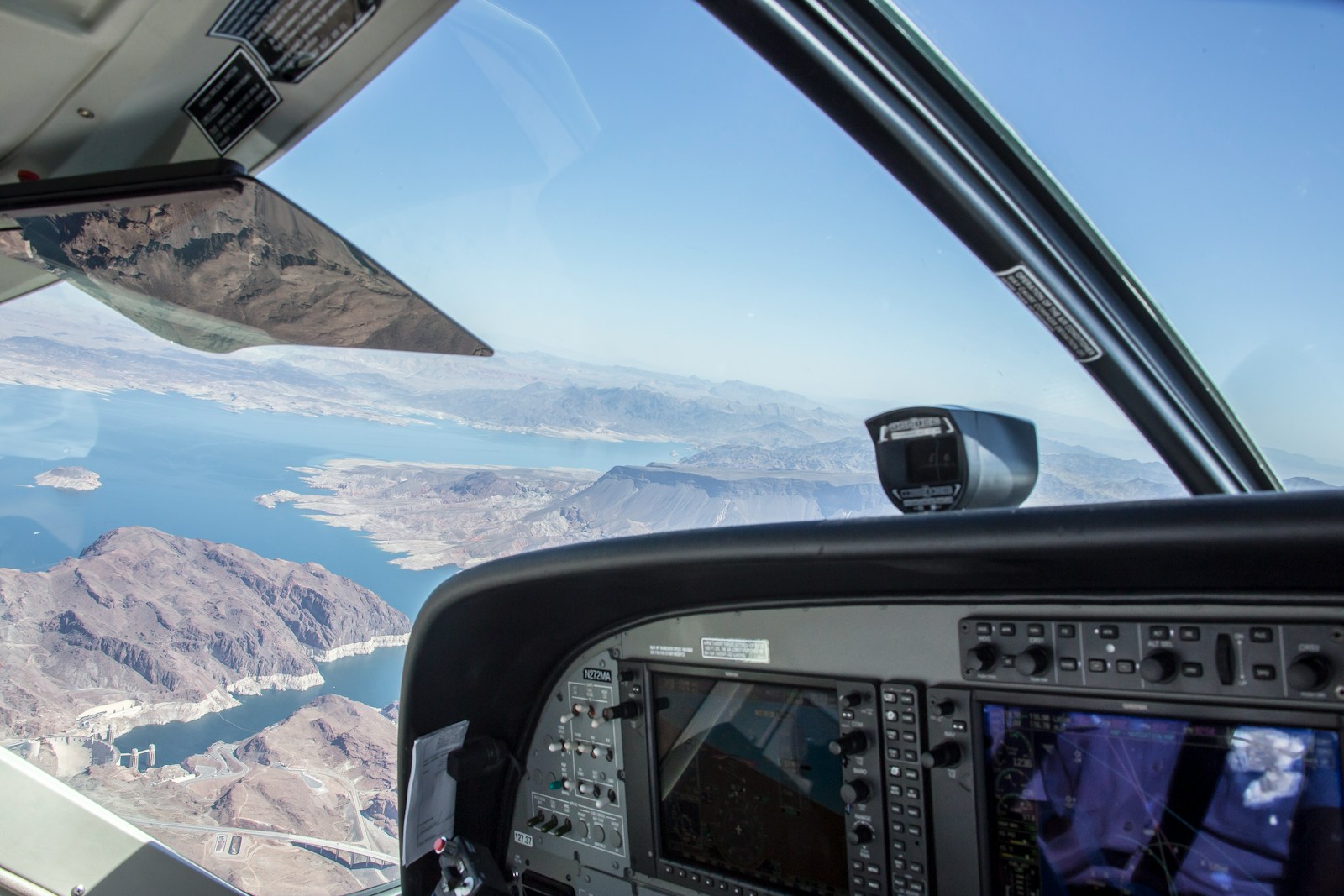Billy’s Back Story
O nce at the 34,000 foot cruising altitude, Billy levels the CJ3 off, checks the compass heading, the artificial horizon, and the air speed indicator. He loves flying the little corporate-style jet. It is sleek and fast and responsive to the lightest touch.
Rosie has been patient, but she is eager now. “Okay, Billy” Rosie says, “we’ve got some time now. So, tell me your story—how did it happen that a former Supreme Court clerk, Harvard law grad, and Army Ranger ended up as a contract assassin for the CIA?”

Billy looks sideways over at Rosie, meets her penetrating gaze with one of his own. “Are you sure you really want to know?” he asks her again. “You might not think so well of me if I tell you the truth.”
Rosie hesitates, takes a deep breath, and slowly exhales. “Yes, I’m sure,” she replies in her honest, matter-of-fact way. Rosie is determined to know more about this man to whom she is essentially entrusting her life.
Rosie is firm. “The truth Billy—I want the whole truth. If I am going to trust you, I must know everything—the good, the bad, and the ugly. It’s important that I know who you really are—so I know exactly what and who I’m dealing with.”
“Okay,” Billy replies. “That’s fair. But don’t say I didn’t warn you.” Billy makes a slight course correction and puts the plane on automatic pilot. Then he sits back, relaxes in his cockpit chair, and begins his story.
“After leaving the Court, I joined the Army and—because of my proficiency on the rifle range—I was trained as a sniper in an Army Ranger special ops unit. I did two tours in Iraq and one in Afghanistan. When I got out of the Army, I came back to New Orleans.” Billy pauses—checks the plane’s navigational compass. After making another slight cross correction, he continues with his story.
“I wasn’t sure what I wanted to do, but I had some money saved, enough to make a substantial down payment on a boat—the Delta Queen. She was a rusty old tub and needed a lot of work, but the price was right, and she was fundamentally a sound boat. I sanded and re-finished the entire hull. Sam helped me over-haul the two engines. I bought and installed some state-of-the-art navigational equipment. The fishing industry along the coast was finally getting back on its feet after the Deepwater Horizon fiasco, so I decided I would try my hand at fishing.”
Billy pauses, looks pointedly at Rosie. “Then I met a girl.” There was a catch—a break in Billy’s voice. “. . . but she’s gone now,” Billy sadly says.
Rosie feels the grief, the deep sadness in Billy’s voice. “What happened?” she innocently asks.
Billy stares straight ahead out the cockpit windscreen, fixes his eyes on a far distant cloud bank. “She was brutally beaten, raped, and then killed with a large over-dose of heroin.”
Rosie cringes and takes a deep breath. “By whom,” she asks tentatively.
Billy turns his head toward Rosie. “The Russian mafia.”
“Were you in love with her?” Rosie asks the question—not sure she wants to hear the answer.
Billy is voice is strained “Yes,” he solemnly says. “It was the first really serious relationship that I’d ever had.”
“How’d you meet her?” Rosie asks.
Billy continues his story. “The Delta Queen was out of the water in dry dock. I had just completed sanding and refinishing the entire hull. Sam was helping me overhaul the two engines. I was living on the boat. Each morning, I would drive the jeep to a convenience store-gas station for coffee, donuts, and rolls to take back to the boat for our breakfast. I started running into this girl almost every morning.”
“She was gorgeous,” Billy says in a wistful tone of voice, “a strikingly beautiful Asian-American girl. And she would smile and say hello every time we met,” he says in fond remembrance. “One day I asked her, ‘do I know you?’ She just smiled, put out her hand and said: ‘You do now, my name is Mercy—Mercy Jones.’”
Billy pauses and smiles a secret smile, as if reflecting on the happiest of memories. “Mercy loved animals. She was a veterinarian’s assistant working in a nearby animal hospital.” Again, Billy pauses, looks out the front windshield at the distant horizon.
“Anyway, we had some dates, and two weeks later she invited me to come and live with her in the trailer that she had inherited when her father was killed. He was an oil worker on the Deepwater Horizon rig that blew up in the Gulf in 2010. Mercy was not even a year old when she was adopted out of an orphanage in Korea. Her parents were poor bayou people. Her dad was a roughneck working in the Louisiana oil fields; her mother—who died of ovarian cancer when she was still young—was a stay-at-home mom. Following the mother’s death, Mercy was raised by her adoptive father. After he was killed in the explosion on the Deepwater rig, Mercy tried to bring a wrongful death action against the oil company. But the federal district judge here in New Orleans claimed she did not have proper standing to bring the lawsuit, and he threw her case out of the class action suit that was being brought by the other surviving family members.”
Rosie frowns. “How could the judge do that?” she asks curiously. “She was the man’s legally adopted daughter, after all.”
Billy shakes his head. “Not according to the strict letter of the law, and not according to the judge.”
“I don’t understand,” Rosie says.
Billy sighs. “Mercy’s parents were poor, unsophisticated Bayou people. They should have probably hired an attorney or family counselor to help with the adoption because the lawyers for the company alleged that there were some irregularities in the adoption papers and Mercy had no legal grounds to bring the suit because she was not “in the eyes of the law” the couples legally adopted daughter.”
Billy stops and looks sideways at Rosie. “She got the proceeds from a small insurance policy as the named beneficiary, and the small trailer where they had been living together, but that’s all she could get.”
Rosie is incredulous. “That doesn’t sound right or fair. So, what happened?”
“It wasn’t fair,” Billy says.
“But I don’t understand,” Rosie picks up, “you told me she was killed by the Russian mob. How was Mercy connected with the Russian mob? Was she using heroin?”
Billy shakes his head in sharp denial. “Mercy had nothing to do with drugs or the mob. That was all my fault.”
Rosie looks bewildered. “I don’t understand, Billy. How was it your fault?”
Billy looks again at Rosie. “Have you ever heard of the Magnitsky Act?” he asks her, referring to the Congress passed sanctions on Russian oligarchs.
“Yes, Billy,” Rosie says. “I’m a national news reporter. We covered it on MSNBC. Rachel Maddow did a whole feature on one of her shows. It had to do with sanctions levied on some principle Russian oligarchs by the U.S. government.”
“That’s right,” Billy says.
“Okay,” Rosie replies, “but what did that have to do with Mercy?’
Billy’s voice is sad. “While we were living together, I inadvertently stumbled on a Russian plot to blackmail the U.S. Congress to repeal the Magnitsky Act and lift the sanctions. This was in 2015, after I’d come home from Afghanistan and before the 2016 election.” Billy pauses. “I told you before Sam and I were working on fixing up the boat.”
Rosie nods. “Yeah.”
“Well, one day I was on the docks in New Orleans. Sam had given me a lead on some good used propeller shafts at one of the boat repair facilities. I bought the shafts and some additional parts and arranged to have everything delivered to my boat the next day. Before going back to Rigolets—it was late in the afternoon, and to avoid the traffic—I decided to have a beer at a favorite bar up on the wharf. It was there I ran into an old friend of mine. His name was Razzy. He was what the locals call a “wharf rat,” a derelict with no real home. He slept on abandoned boats or under the pier and tried to pick up odd jobs whenever he was not drunk. He was an old man in his sixties, but I had known him since I was a kid—a wharf rat myself. He was a little different—people thought he was crazy—but he was harmless, a good and decent guy, and I considered him my friend.”
“Anyway, I bought him a couple of beers and a steak for dinner. With Razzy there was no telling when he last had a decent meal. We talked about old times while he ate, and he told me that he had discovered something funny going on in one of the equipment shacks on the rail spur where flat cars with cranes bring equipment in from the big Panamaxes to be repaired and refurbished.”
“Yeah, what’s that,” I asked him.
“It’s those ragheads, Billy,” he told me. “They’re smuggling drugs or something into the country.”
Billy pauses. “I didn’t think much of it at first because Razzy was known to exaggerate and sometimes tell wild stories—especially when he’d been on a three-or four-day drunk. That’s why most people thought he was a bit crazy and dismissed him as just an alcoholic. But Razzy persisted, said he had seen it all with his own eyes. ‘Believe me, Billy, there’s something fishy goin’ on. It’s at night—every Wednesday in that old Gulf International repair shed up on Pier Six. Flat cars with the cranes come in on the rail tracks and then they close the doors and put those raghead guards outside to make sure nobody gets in.’”
“Well, what makes you suspect there’s something funny going on?” I asked him. “‘Because, he says, one night I got up on the barrels on the side of the building and I stretched up to have a look inside those windows that are high up the side of the building. You know those big bilge pumps on the Panamax tankers?’ Yeah, I said. ‘Well, there were six or eight of those on a couple of flat cars—you know the customs people rarely ever check those. When they took the caps off the pumps, I watched those ragheads unload hundreds of clear plastic bags of what looked like white powder—cocaine or heroin. As God is my witness, Billy, I saw it with my own eyes.’”
Billy pauses and checks the CJ-3’s dash instruments, and then looks over at Rosie. “Well, old Razzy chewed on a piece of steak, and then: ‘Believe me, Billy,’ he said. ‘I can show you myself. They’ll be workin’ tonight.’ Razzy finished eating, we finished another beer, and then he insisted on showing me himself. ‘Come on, Billy, let me show you. People think ole Raz is crazy, but I know what I see with my own eyes. Just humor me, Billy, and I will show you.’” Billy smiled to himself at the memory and looked meaningfully at Rosie.
“I liked Old Raz. I didn’t want to insult him, and I didn’t want him to think I didn’t believe him, so just to play along, after he finished his food, I let him take me to the building.”
“He was not so crazy. He took me up to the shipyard, Pier Six and the Gulf International repair shed. Just like Razzy said, there were a couple of goons outside—tough looking Arab-types—guarding the closed doors over the rail tracks. This struck me as unusual because the doors on these big rail shacks were usually open even if there was work going on inside. Raz and I walked about halfway down one side of the block long building to a point where there were a couple of old oil barrels stacked against the wall. Raz started to climb up on the rim of the lowest barrel, but his foot slipped, and I had to catch him to keep him from falling. ‘Sh,’ he said, putting a finger to his lips, ‘they’ll hear us.’ I cautioned him to be careful. Raz finally steadied himself on top of the second barrel and stretched up to peer in the window. He looked down at me. ‘Yep, Billy, they’re workin.’ Raz clambered down and I climbed up to have a look for myself. It was just like Raz had told me. There were two long flat cars equipped with cranes on the rails with four large bilge pumps, with the tops off, on each car. There were Arab-looking men wearing traditional keffiyehs with AK-47 assault rifles standing guard over the workers who were unloading white plastic-wrapped packages from the interior of the pumps. Incongruously, however, the two men over-seeing the operation—dressed in flamboyant gangster-style suits with silk ties—were speaking Russian.”
The CJ-3 is cruising at 34,000 thousand feet and flying at almost 500 miles an hour. Billy looks out the cabin window, glances down at the instrument panel, and turns back to Rosie.
“That was the last time I saw Razzy alive,” he says with a trace of sadness in his voice.
“What happened?” Rosie asks.

